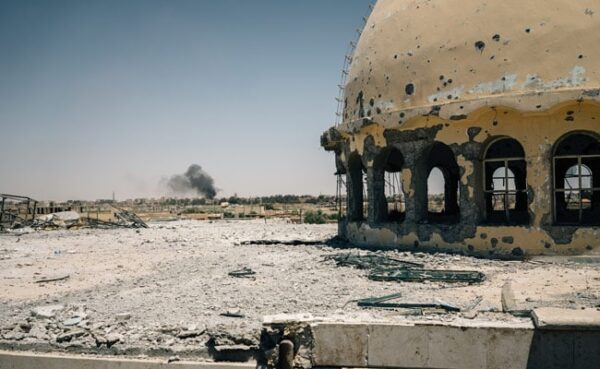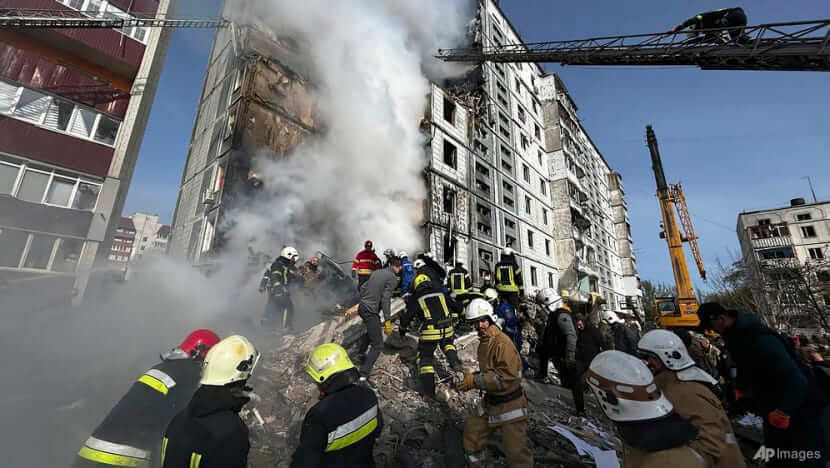Mawlawi Mohammad Shebani is officially responsible of policing morals throughout Kandahar, the Taliban heartland of southern Afghanistan.
He is newly appointed head of the provincial office for the promotion of virtue and prevention of vice, a title which strikes fear into many Afghans sufficiently old to recollect its previous incarnation under Taliban rule out the 1990s.
Its officers served because the brutal enforcers of the group’s extreme interpretation of Islam, whipping men into mosques to wish , policing beard length, smashing radios and televisions and attacking or detaining women who tried to figure , went out without a male guardian or showed their faces publicly .
Now it’s back, and within the first western media interview with a politician from the organisation, Shebani detailed its structure and the way it’ll police Afghan behaviour, and revealed the pocket handbook meant to guide the work of his men.
He described a network fully integrated into the Taliban police , with ties to mosques and madrassas, and formal rules of operation, which are made public.
“The difference is we didn’t have a selected book of principles. There was just the mujahideen without a written code,” he said of the 1990s.
He promised his men would specialise in persuasion not violence. But the rules he shared with the Observer, involved into a dense booklet about the dimensions of a smartphone, approved the utilization of force against the foremost recalcitrant offenders.
It describes a multistep process of handling offenders, first educating them, then pressuring them to vary their behaviour. If they’re still recalcitrant, force could also be an option, consistent with the booklet, published last year when the Taliban were build up the network inside their insurgency, and within the pockets of rural Afghanistan they controlled at the time.
Fourth step, if still the person continues (the offending behaviour), and this will cause tons of problems, then you’ll stop him together with your hands,” the rules said.
It also included rules evocative the harshest aspects of Taliban rule out the 1990s, including a requirement that ladies leave the house as long as they’re amid a male guardian, compulsory prayer and conditions on beard length for men.
Shebani sat down for the interview before his new boss, cleric and now minister Mohamad Khalid, took over the Kabul building that had housed the ministry of women’s affairs. he’s operating from the ministry of Haj and non secular affairs complex, near Kandahar airport.
“Some people think we are extremist, but we aren’t like that. Islam may be a religion of moderation, not an excessive amount of and not insufficient , everything good ,” he said. “Media channels are publishing negative things about us, please spread the truth to the planet .”
The leadership is seemingly conscious of how the organisation is perceived internationally; once they handed out an English list of latest cabinet appointments earlier this month, the vice and virtue ministry was the sole one not translated.
There has been little detail about how it’ll operate. But Shebani explained a system developed while the Taliban were operating as insurgents, which will see his agents integrated into police stations round the province.
Rural Kandahar has 18 districts, and in each of those there are five members of his commission. “There are five main checkpoints in each area, and a politician (from the ministry) is stationed in each, working with the mujahideen and therefore the mullahs,” he said. within the city, there’s a politician assigned to every of 15 precincts.
“They watch what people do, and if they see people that do illegal things, we discover out this manner .” Locals are going to be encouraged to call in, he said. “We have distributed their numbers on social media and therefore the radio, so if local people see anything wrong they will inform the responsible person.”
He wants to start out with a campaign of persuasion, with enforcement efforts coming later. For now the group is overlooking small deviations, but he laid open the prospect of harsher controls.
“We want to tell everyone first about the principles,” Shebani said. “There are some small things we aren’t reacting to, as we don’t want people to be during a panic, or feel negative.”
In urban Kandahar, where the Taliban only recently took control, he foresees a harder campaign to teach residents on how the new government wants them to measure and worship.
“We are focusing more on the town because the Taliban weren’t on top of things . People within the districts have learned the principles and are obeying them, but we’ve come to the town very recently.”
He ruled out, a minimum of for now, the much feared patrols of the last Taliban rule. “There won’t be any patrols … we would like to emphasize we’ll not be entering people’s homes, or places they need their gatherings and that we won’t use violence.”
The guidelines specifically bar men from the ministry from entering homes, even once they know that rules are being broken. “If there are sounds of music, of television, a stereo , beginning of a house they ought to be prevented. But don’t enter the house to try to to it,” it said.
The rules include a bar on gossip, and exhortations to cleanliness also as charity. They even include a call to respect women’s rights, a ban on forced marriage and an option for divorce. But it also stipulates that ladies shouldn’t have contact with any men aside from immediate close family, and will not be ready to leave the house alone.
“You should patiently prevent women going outside without hijab, and without a male guardian accompanying her,” the principles said.



